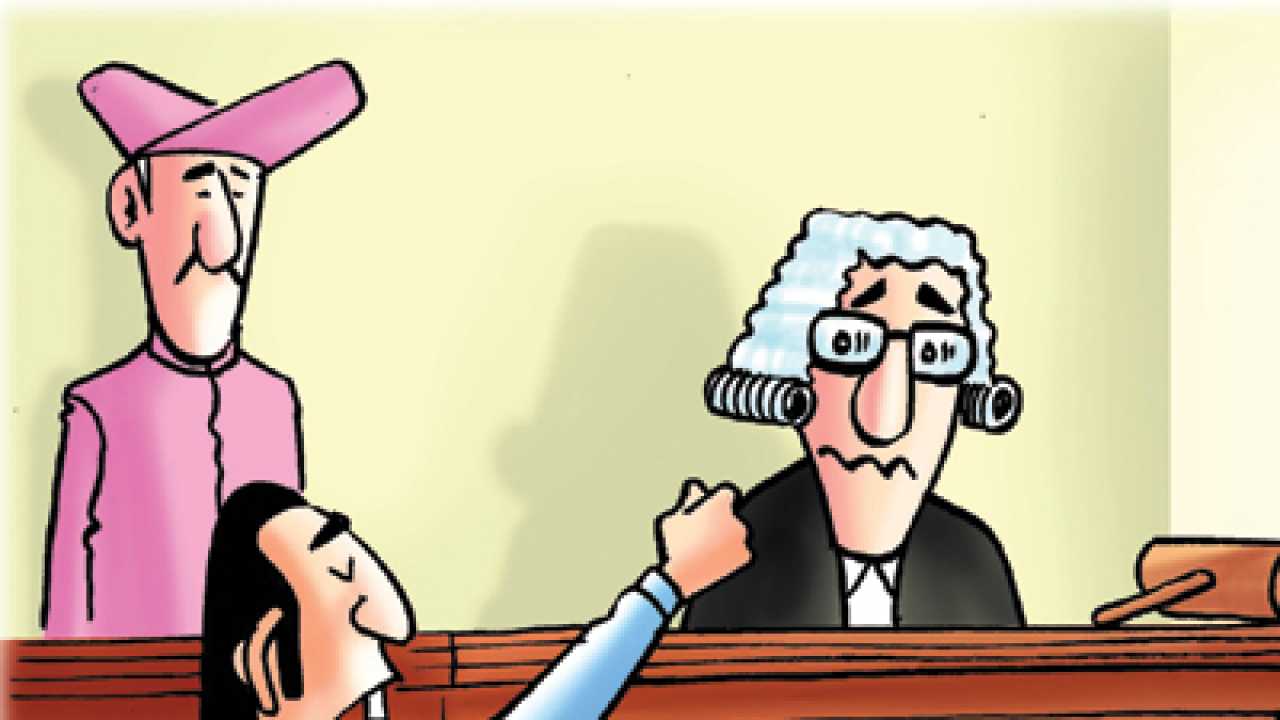
The Consumer Protection Act (CPA), 1986, was enacted to provide a `speed, efficacious remedy to consumers' through a simple, concise Act. The Supreme Court of India has held that Consumer Courts should be shorn of all technicalities and the cases in these courts should be held in a `summary fashion' i.e. without too many nuances of law and procedural glitches.
Gullible consumers who approach consumer courts after reading these noble words, often find that they are stuck in a morass of legalism and technicalities from which they are unable to extricate themselves. Every point of fact and law is challenged and put to various tests and the concept of a fact-finding forum which consumer courts were supposed to be, have become similar or even worse than the regular courts of the country. Backlogs in consumer courts are almost similar if not worse than the backlog in regular civil courts, and if consumers are left wondering how the CPA was supposed to be bettering their lot, particularly in trivial matters involving a few thousand rupees or discourteous service after payment, their frustration would be easy to understand.
A recent Judgment of the National Consumer Disputes Redressal Commission in Post Master, Head Office (Sonepat) and others vs Sanjay Gupta and another makes it amply clear that it is not necessary to be very technical and bound by procedure in consumer cases.
In this case, Mr Sanjay Gupta had opened a Monthly Income Scheme Account with the Post Office on 2nd in the name of Mr Sanjay Gupta and his wife Mrs Anusha Gupta. The Post Office allegedly did not issue the pass books and other relevant documents to the complainants. A couple of months later, a sum of Rs 2.98 lakh was withdrawn from these accounts on the basis of two cheques from the respective accounts, without authorisation from the complainants.
July 2004, with a deposit of Rs 3 lakh, two accounts were opened. After some correspondence, the matter reached the Consumer Court where the Post Office responded by stating that the money was received through an agent Mr Manohar Lal and the cheque leaves and pass books for the account were issued to him. The Post Office contended that it was for the complainants to have kept these documents in safe custody and any misappropriation arising out of their misuse could not be held to be the responsibility of the Post Office.
The District Forum dismissed the complaint on the basis of its observation that the matter was very complicated and required a detailed trial with careful examination of evidence, which was not envisaged under the CPA.
In Appeal, the Haryana State Consumer Disputes Redressal Commission straight away went to the root of the matter and asked the Post Office to produce the specimen signature of the complainants and the cheques allegedly issued by them. On comparison of the same, the Commission observed that the signatures were obviously not tallying, and proceed to overturn the order of the District Forum and ordered the postal authorities to refund the money to Mr Gupta with compensation and interest.
The matter went to the National Commission in review. The grounds taken were that it was for the complainant to have carefully preserved his pass book, the agent Manohar Lal was not made a party to the complaint and that the question of tallying signatures required examination by an expert.
The National Commission observed that ``On naked eye comparison, we find a stark difference in the signatures''. Keeping aside all the other technical objections, it further observed that it was the duty of the Post Office to carefully check the signature of the customer prior to releasing any money.
Upholding the decision of the State Commission, the Post Office was directed to refund Mr Gupta his money with interest and compensation as directed by the State Commission.
The order upheld the simplicity and efficiency of consumer law, but the time lines drawn throw a different aspect on this story; the incident occurred in 2004 and the final order by the National Commission in the case was given on 5th
The author has done his LLM in Consumer Laws, after his MBBS degree and is Hon. Secretary of the Consumer Guidance Society of India, the first NGO in the consumer sector founded in 1966.